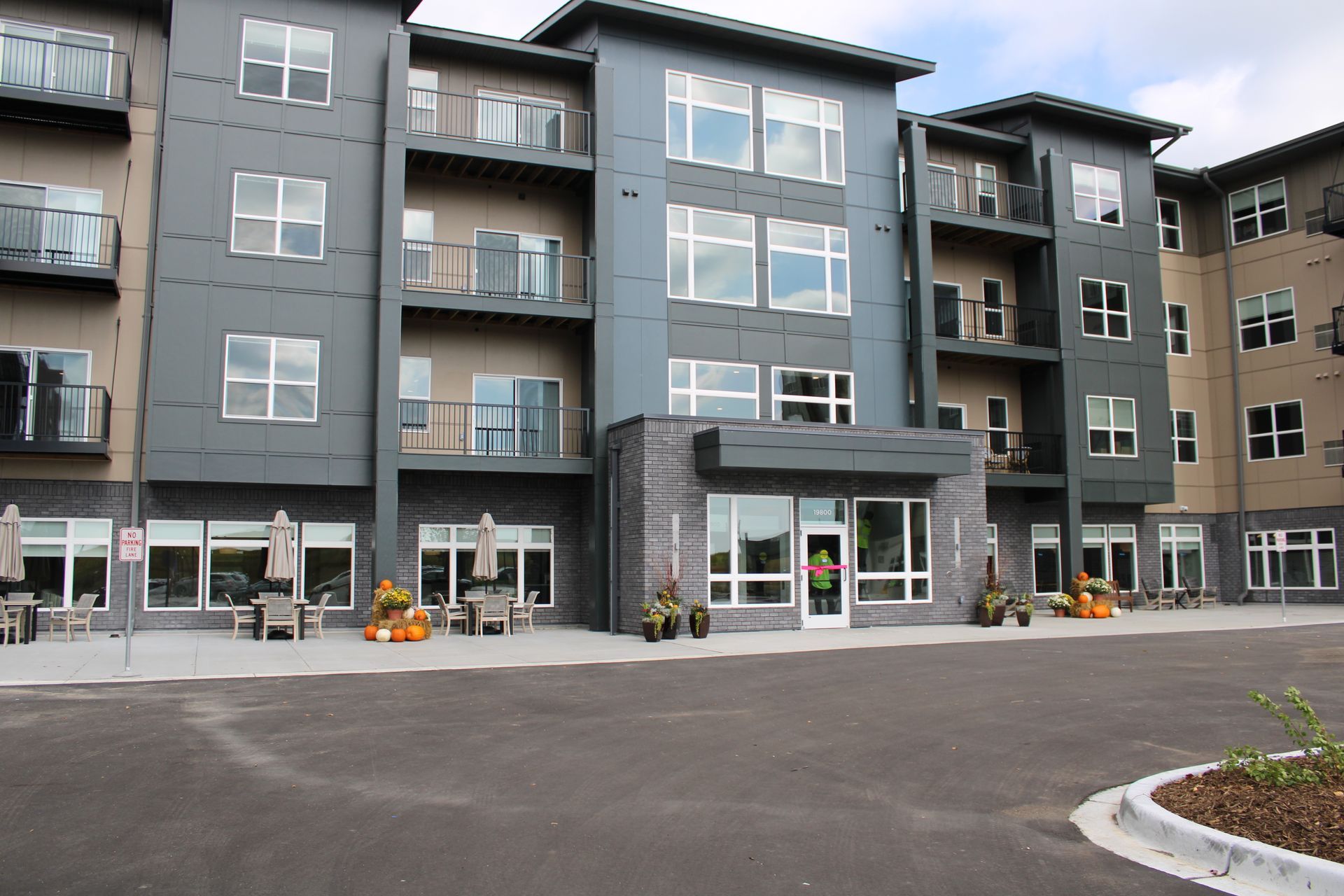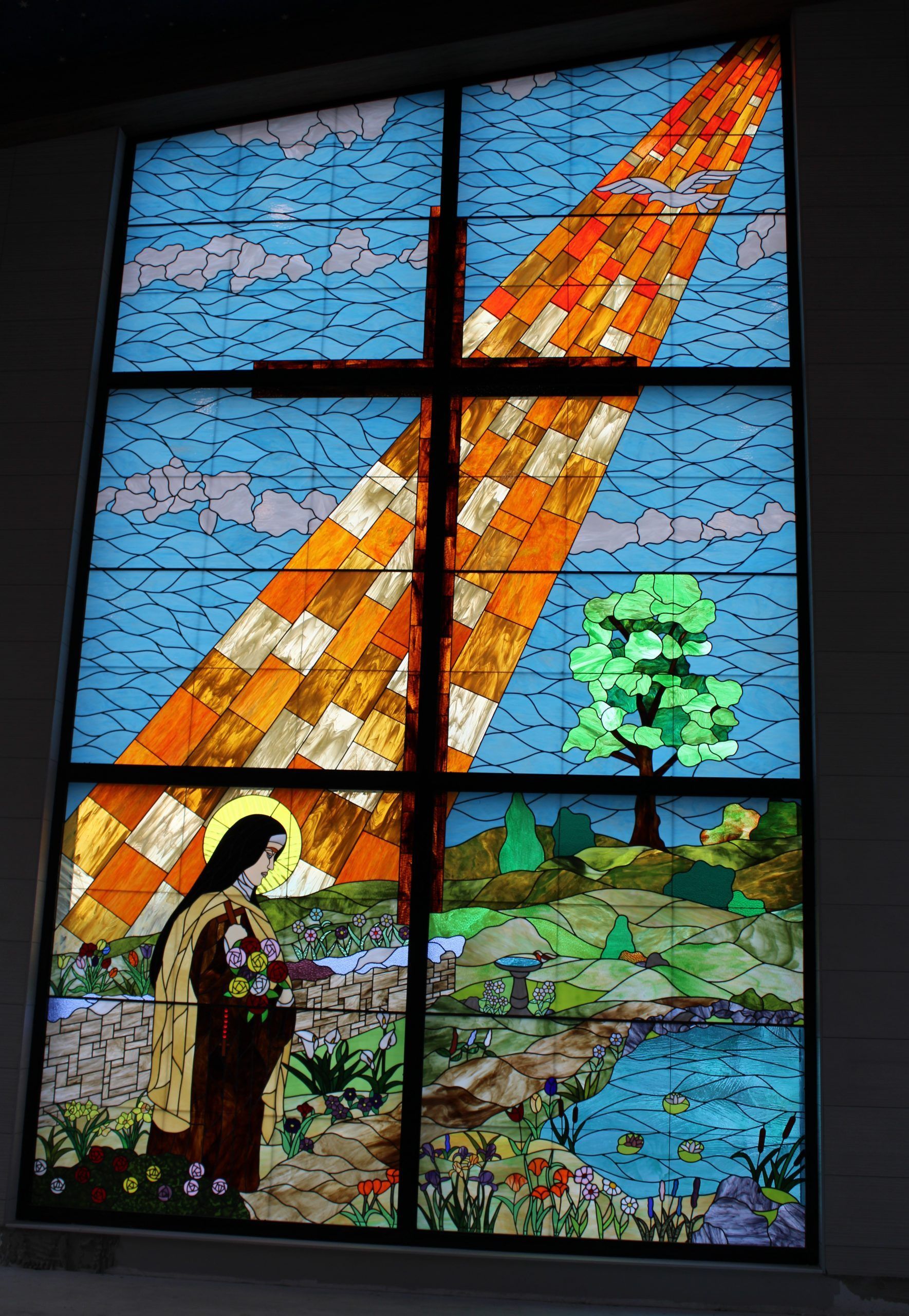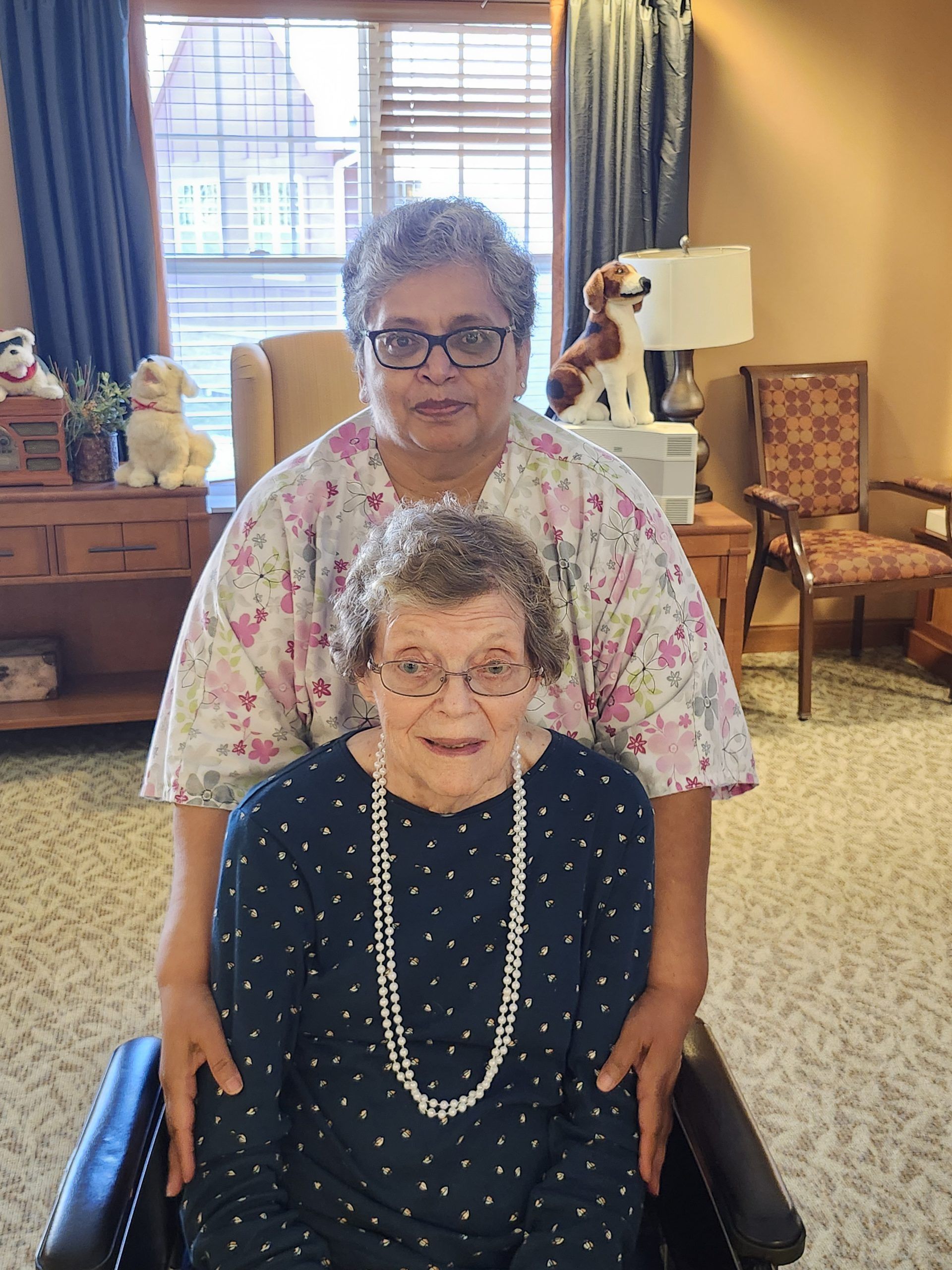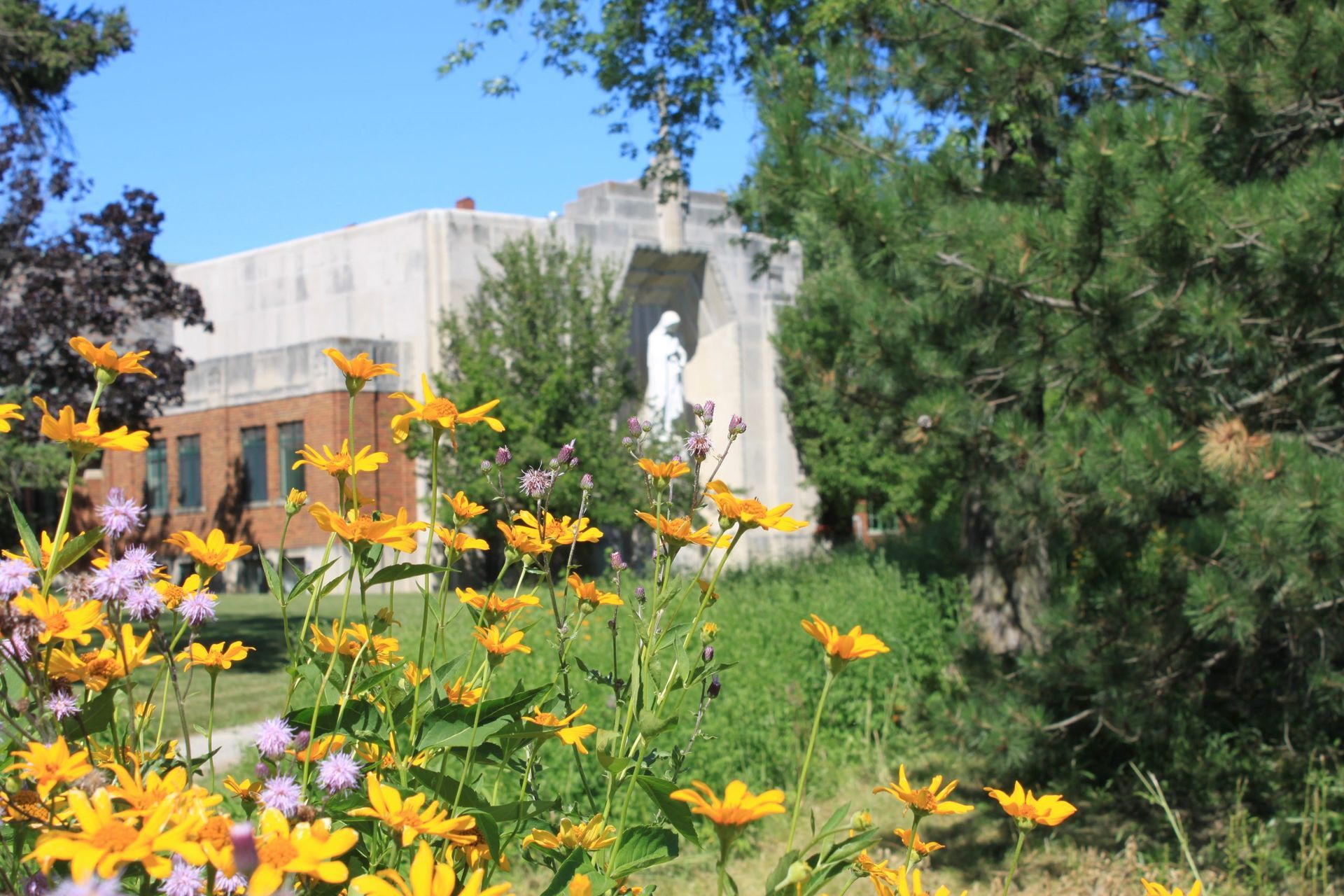
Getting to Know IHM Sisters – Ecologically Aware to its Core
As we continue to learn about the IHM Sisters, of Monroe, Mich., we’re now focusing on one of their Core Educational Beliefs, ecological consciousness, which they state, “challenges all to recognize the interconnectedness and interdependence of all Creation and nurtures relationships that protect our common home.”
The Sisters wrote an in-depth paper on this topic, “Ecological Consciousness: 21st Century Imperative,” but simply stated it means, and with apologies to the authors for dumbing it down, that the well-being of humans is directly related to the well-being of Earth; it is to become connected to nature again and to design everything that needs to be done to be in harmony with the rhythms of nature.
Clearly, for the Sisters this isn’t just about environmental sustainability nor is it a passing fancy or trend, this conviction is deeply ingrained in their DNA.
As early as 1987, the Sisters made a commitment to grow their ecological consciousness and in 1994 enacted “1994 Chapter Enactment on Eco-Justice,” which, among other things, means joining with or and/or initiating groups to act on local ecological issues with special attention to the impact on the poor and minority communities; and collaborating with others in shaping public policies that will foster ecological co-responsibility and eco-justice.
Their commitments continued with new pledges in 2000 and 2004, the latter which stated, “we must join together to bring forth a sustainable global society founded on respect for nature, universal human rights, economic justice and a future of peace.”
Heady stuff, but they also bring their commitment down to earth, and in practical ways, with the following:
Motherhouse Renovation – Their ecological commitment was a guiding principle in sustainably renovating the 376,000 square-foot Motherhouse, which began in 2001 and was completed in 2003. It ranks as one of the Midwest’s largest residential sustainable renovations registered with the U.S. Green Building Council; earned LEED-NC certification and 10 local, regional and national awards, including two from the EPA (Environmental Protection Agency). Among the innovations on campus:
- Geothermal heating and cooling system.
- Graywater recycling system.
- Maximizes daylight, incorporates retrofitted period light fixtures and restored original wood windows.
- Materials and finishes are sustainable and contribute to excellent indoor air quality, but also to a beautiful living environment.
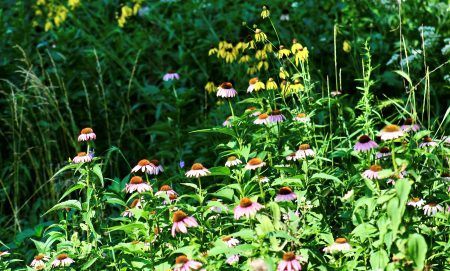
- Converted five acres of lawn to meadow and prairie (see right), which improves the biodiversity of the site, protects existing natural habitat and results in lower consumption of non-renewable energy.
- Constructed wetlands, imitating natural wetlands, to purify water coming from the Motherhouse and once cleansed, is returned back into the building for use in flushing toilets.
- The grounds offer a contemplative landscape of meadows, courtyards, a pond, woodlands, walking path, gardens, a cemetery and green park space.
Community Gardens – Sisters in Detroit and Oakland, Calif., began community gardens to serve their neighborhoods.
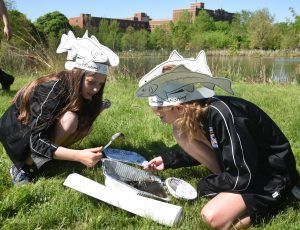
Learning Opportunities – Multiple learning opportunities were held including having speakers at the National Bioneers Conference. Sisters and Associates also published articles, reflections, prayers and presented and participated in retreats, workshops and lectures. One such event was the Lake Erie Water Festival held annually for 6th grade students living in Monroe Count. The festival provides hands-on activities for students to learn about the local environment. The schoolchildren attended presentations held by environmental experts and learned about topics such as water science, pollution prevention, and sustainability concepts, all while utilizing our green campus as a living laboratory.
River Raisin Institute – In 2003, the Sisters founded the River Raisin Institute in Monroe, which works in partnership with communities who seek to develop, revitalize or preserve sustainable systems of living in order to improve the health of their community.
St. Mary Organic Farm – In 1998, the garden began with herbs, developed into a CSA and now is a community garden that attracts hundreds of families as members and visitors.

This is incredibly impressive, and the list above is not a complete list of all they’ve done and do. Go to their paper, or monograph as mentioned previously.
In 2014, Pope Francis spoke to world leaders in Peru to prepare for the Climate Change Summit and commented that economies based on unlimited growth and development are not sustainable. The Sisters took his message to heart and issued a final call and challenge that included questions such as:
- “Will we open our minds and hearts to the whole community of life?
- “Are we ready to surrender the destructive view that Earth is here to satisfy our self-centered desire?”
- “Are we ready to claim our oneness with all life and to learn new ways of seeing and acting that will move all into a future of great promise?”
You can be sure the IHM Sisters have answered yes to these questions, and they are an inspiration to us all.
About
At Saint Therese, our heartfelt purpose since 1968 has been a people first approach to living well by providing senior care and services where every life we touch feels welcomed, respected, and heard. We achieve this by doing ordinary things with extraordinary love every single day. Contact us to learn more.
